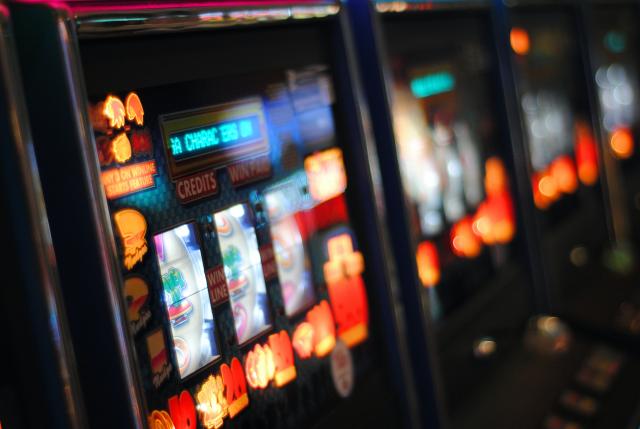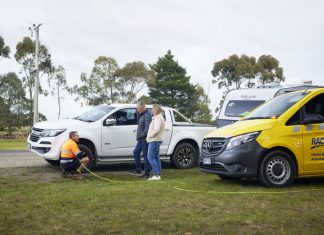Whittlesea’s monthly electronic gaming machine (EGM) expenditure has increased in May by over $200,000.
According to data released by the Victorian Gambling and Casino Control Commission (VGCCC), $13 million was lost on EGMs in Whittlesea in May, a rise of 1.5 per cent from $12.8 million spent in April.
Monash University’s head of gambling and social determinants unit, Associate Professor Charles Livingstone said a number of factors could have contributed to the increase in spending.
“A recession, triggering unemployment, etc, may see increased spending as people become more stressed and anxious about their future.”
“Some areas may have relatively high levels of social or economic stress, triggering higher expenditure.”
City of Whittlesea chair administrator Lydia Wilson said council was concerned with the latest figures.
“Coupled with the recent and ongoing increase in the cost of living, gambling losses add to the increasing financial pressure and stress on households and families,” Ms Wilson said.
“Council has a longstanding position on advocating for gambling harm minimisation measures including reducing the operating hours of gaming venues and capping gaming machine numbers especially in the growth areas where we are advocating for the introduction of planning provisions to ensure that gambling venues are not the first recreational venue in new estates.”
“We are also advocating to the State Government to extend library operating hours as an alternative for community members at risk of social isolation, gambling harm and family violence – this follows on the successful Libraries After Dark program model.”
Professor Livingstone said more needed to be done to combat the issue.
“Communities should also pressure local and state governments to reduce the availability of EGM gambling, through reductions in opening hours and the number of venues and EGMs within communities, and resist donations made by clubs and pubs that effectively act as a form of ‘reputation laundering’.”







